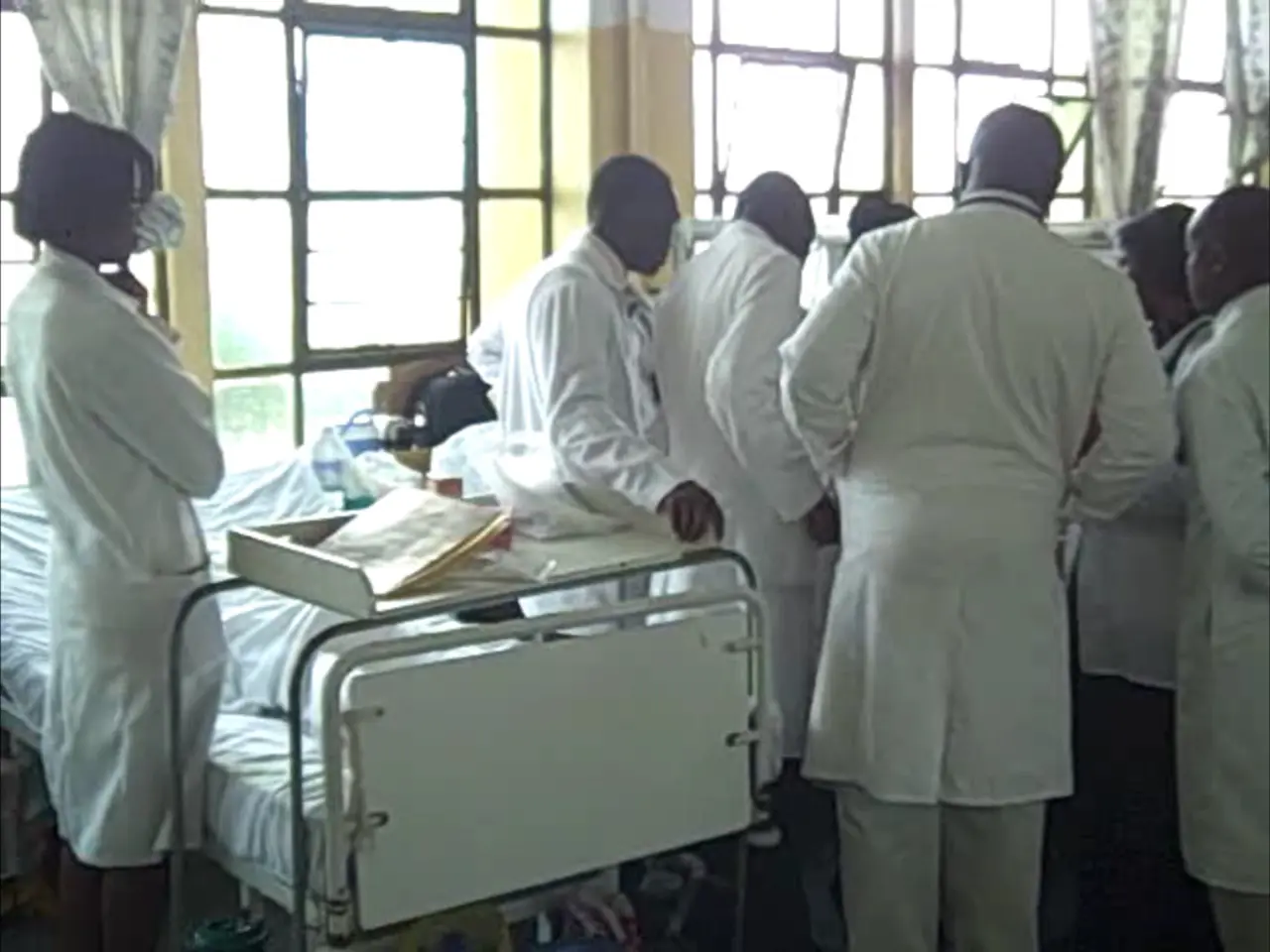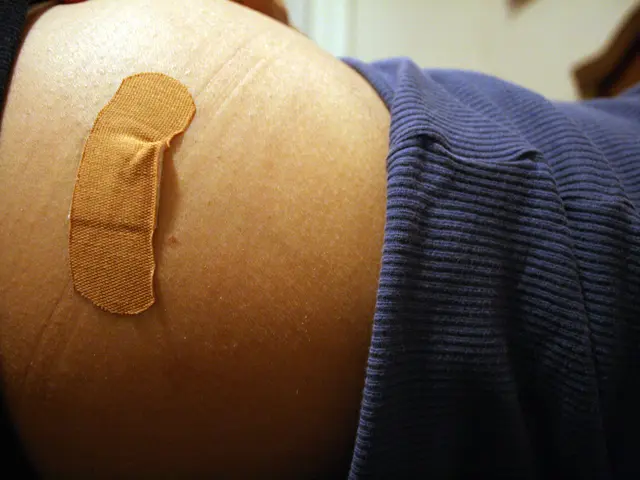The Importance of Attracting Young Talent to the Field of Family Medicine
In the state of Baden-Württemberg, a significant shortage of family doctors is becoming increasingly evident. According to recent data, two-thirds of the nearly 100 planning regions in the state are currently underserved.
This shortage is alarming, as every seventh statutory health insurance family doctor position in the state remains unoccupied. This could potentially leave around 40% of all districts undersupplied, with 14 districts in Baden-Württemberg affected.
The issue is further compounded by the approaching retirement of nearly 2,700 family doctors aged 60 or older in the coming years. This impending retirement wave adds to the already pressing need for more family doctors.
To address this issue, the Baden-Württemberg state government has implemented several measures. Since 2012, the 'Landeszuschuss für Familienärzte' (state subsidy for family doctors) has been in place, aimed at attracting medical candidates to serve in rural areas by providing financial incentives. Over 300 doctors have been financially supported since its introduction, with a current evaluation underway.
Additionally, the state allocates 75 medical study places each year through the 'rural doctor quota' scheme, with students committing to work as family doctors in underserved areas for at least ten years.
The Landesausschuss der Ärzte und Krankenkassen (Landes Committee of Doctors and Health Insurance Companies) in Baden-Württemberg monitors the situation closely. They check whether adequate supply can no longer be guaranteed when the supply rate falls below 75%.
One of the affected areas is Eberhardzell, a town of 4,700 residents in the Biberach district. Sonja Gastel, a local doctor, is currently looking for a successor for her general practice and recently applied for funding from the KVBW. If her practice were to close, around 2,000 patients would be left without a family doctor.
To combat this issue, the Baden-Württemberg Ministry of Social Affairs supports family doctors settling in rural areas that are currently or will be underserved. Primary care centers, where doctors work together with other professionals such as trained nursing staff, are recommended for rural areas by the Expert Council on Health since 2014.
The Robert Bosch Foundation and the Berlin IGES Institute predicted in 2021 that around 11,000 family doctors will be missing nationwide by 2035. Simon Schwill, a lecturer at the Department of General Medicine and Health Services Research at Heidelberg University, demands better alignment of the qualification of tomorrow's doctors with the needs of the healthcare system.
The German Association of Professional Nursing Care and the Robert Bosch Foundation have both criticized the lack of legal anchoring for care centers. Health cooperatives, where doctors, sometimes also citizens or communities, come together, exist in Baden-Württemberg, for example in the Ostalbkreis.
In the Biberach planning region, which includes Eberhardzell, the supply rate of family doctors was recently around 96%. However, this high rate masks the underlying issue of the impending retirement of many doctors and the need for more medical professionals to ensure continued, quality healthcare for all residents.
The Hohenstein community on the Swabian Alb provides an example of a successful care center model, offering general medicine, children's and youth medicine, physiotherapy, and a midwifery practice. This model could potentially be replicated in other underserved areas to address the shortage of family doctors.
As the situation continues to evolve, it is clear that action is needed to ensure the continued provision of quality healthcare in Baden-Württemberg. The call for better alignment of medical education with the needs of the healthcare system, the implementation of financial incentives, and the exploration of alternative care models such as health cooperatives and care centers, are all crucial steps towards addressing this pressing issue.
Read also:
- Postpartum Period and Gestational Diabetes: Does it Persist?
- Controlled spree of Legionnaires' disease among Harlem residents ceased, city health authorities confirm; however, locals push for increased openness and information disclosure
- Transform City for the Better
- Prostate Cancer Examination Guidelines, Outcomes, and Financial Aspects








